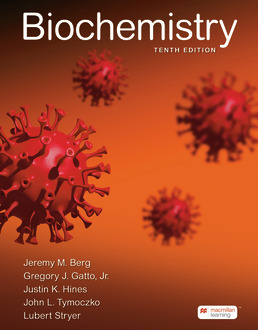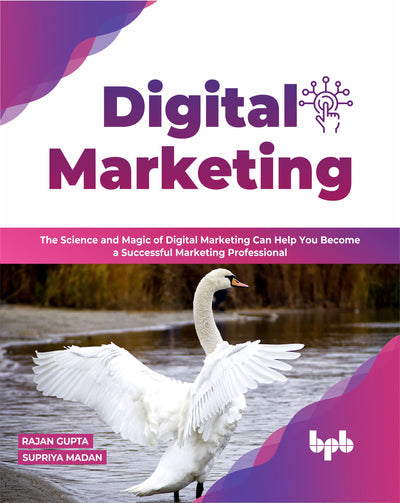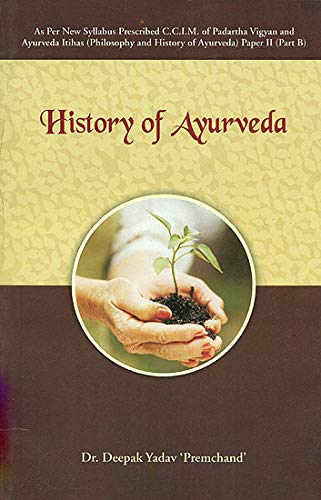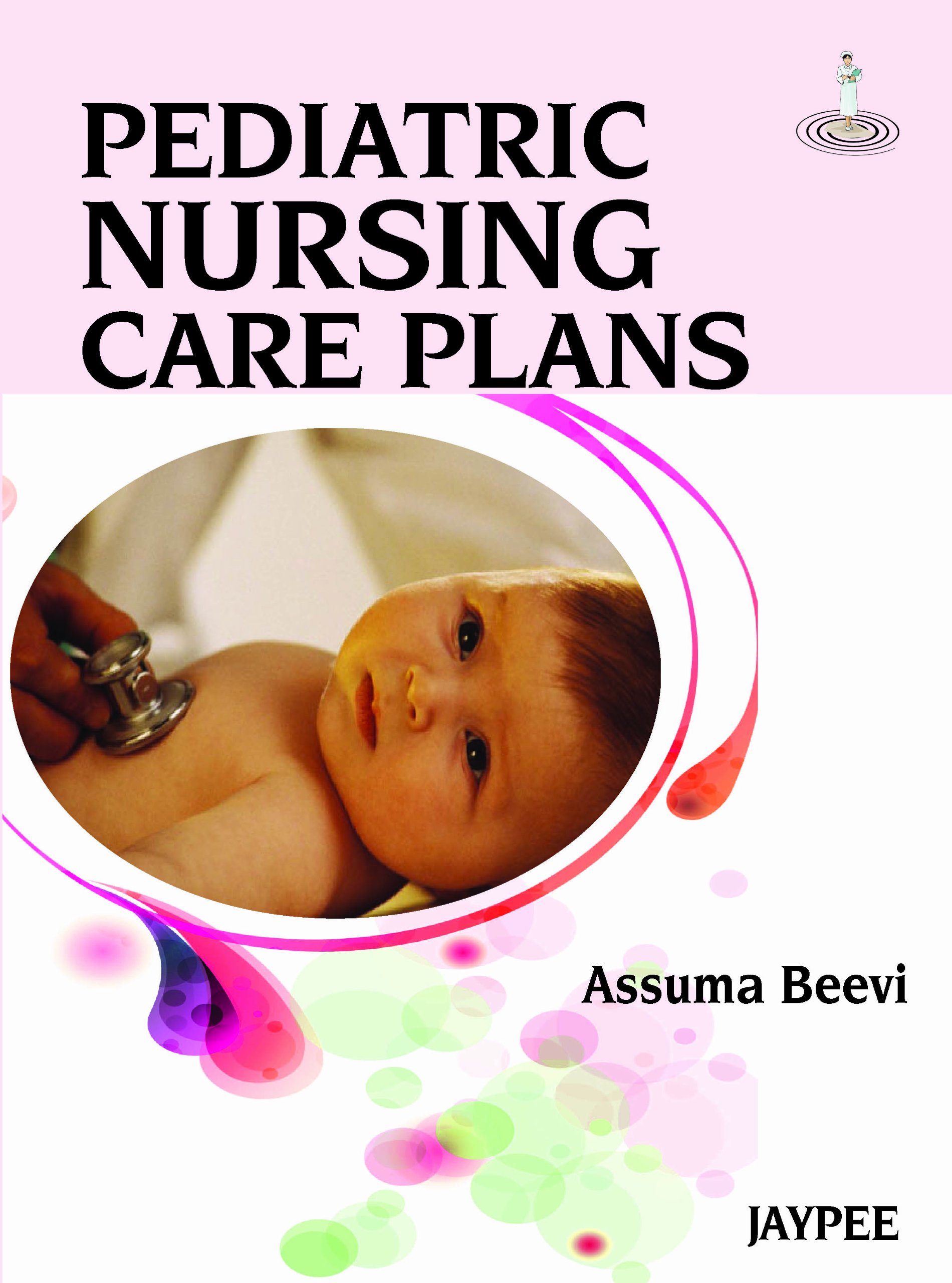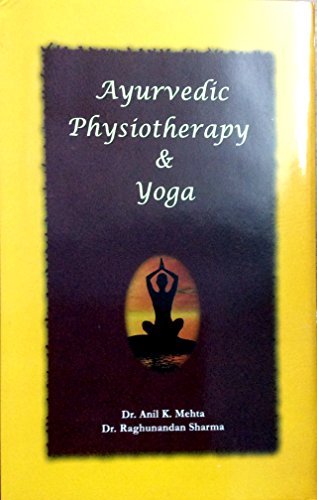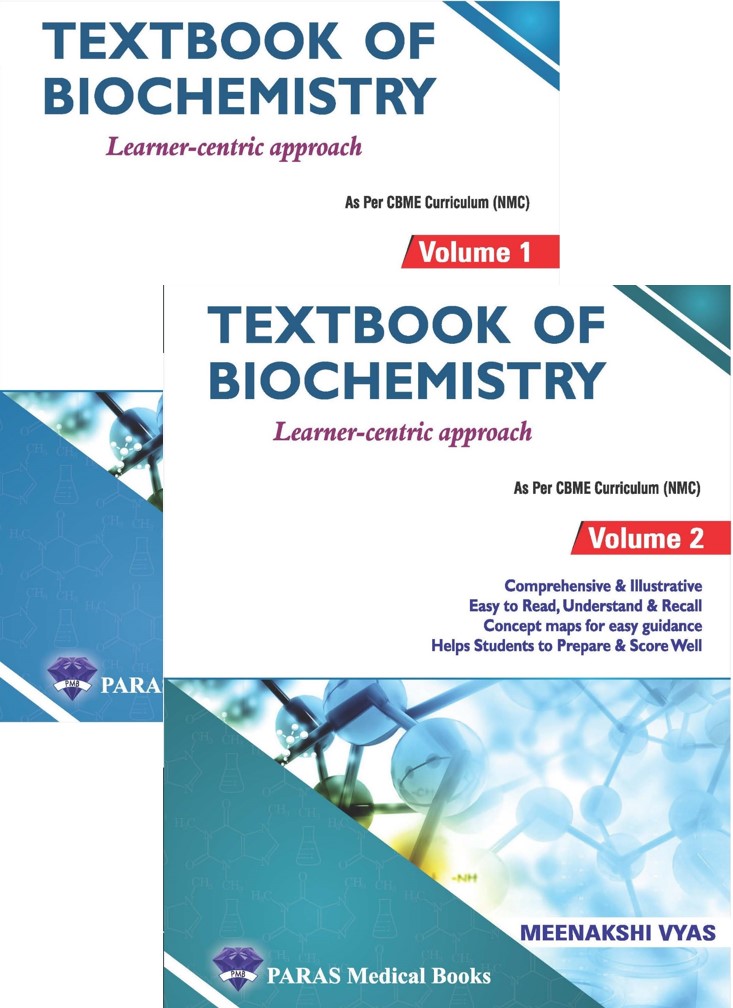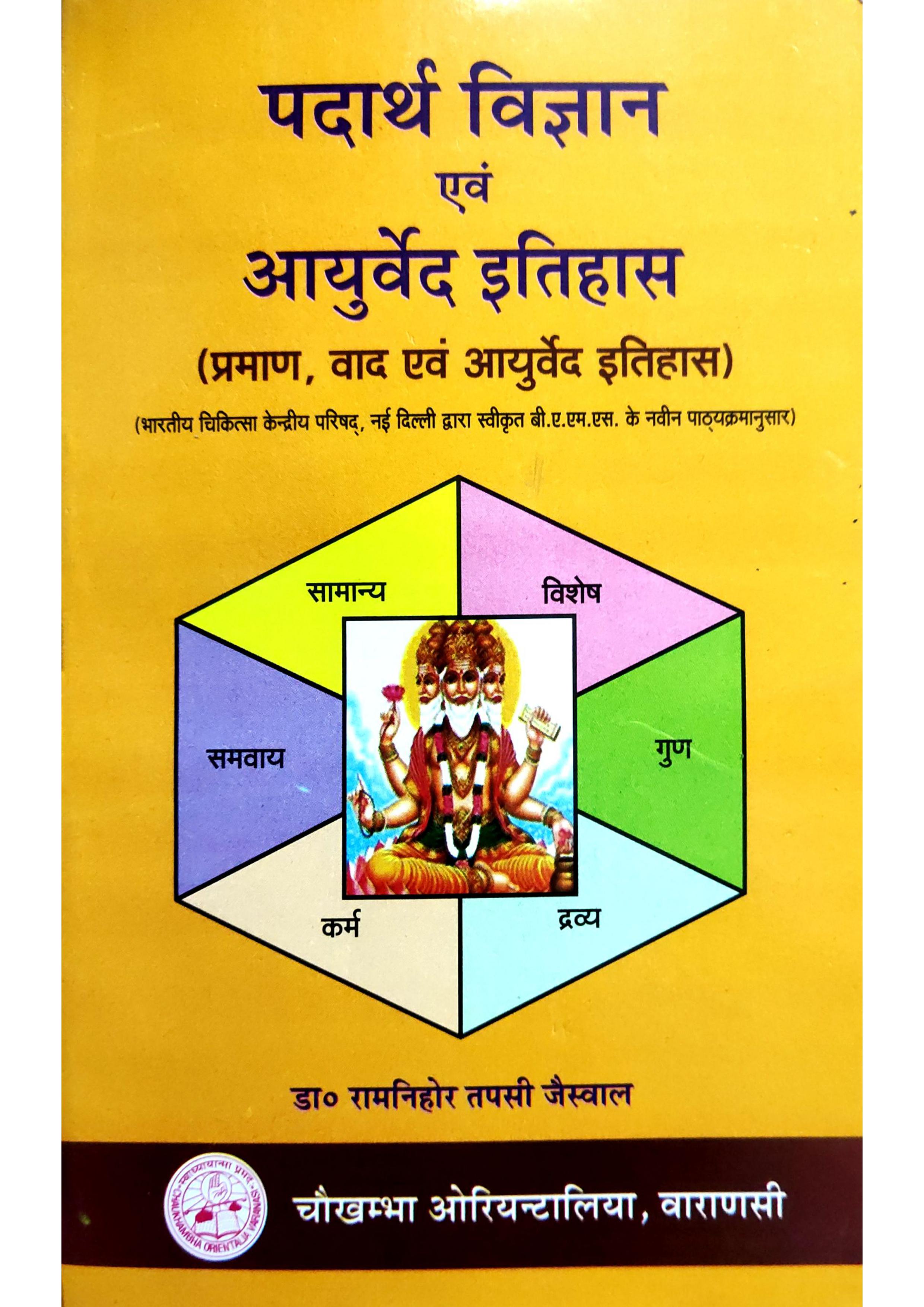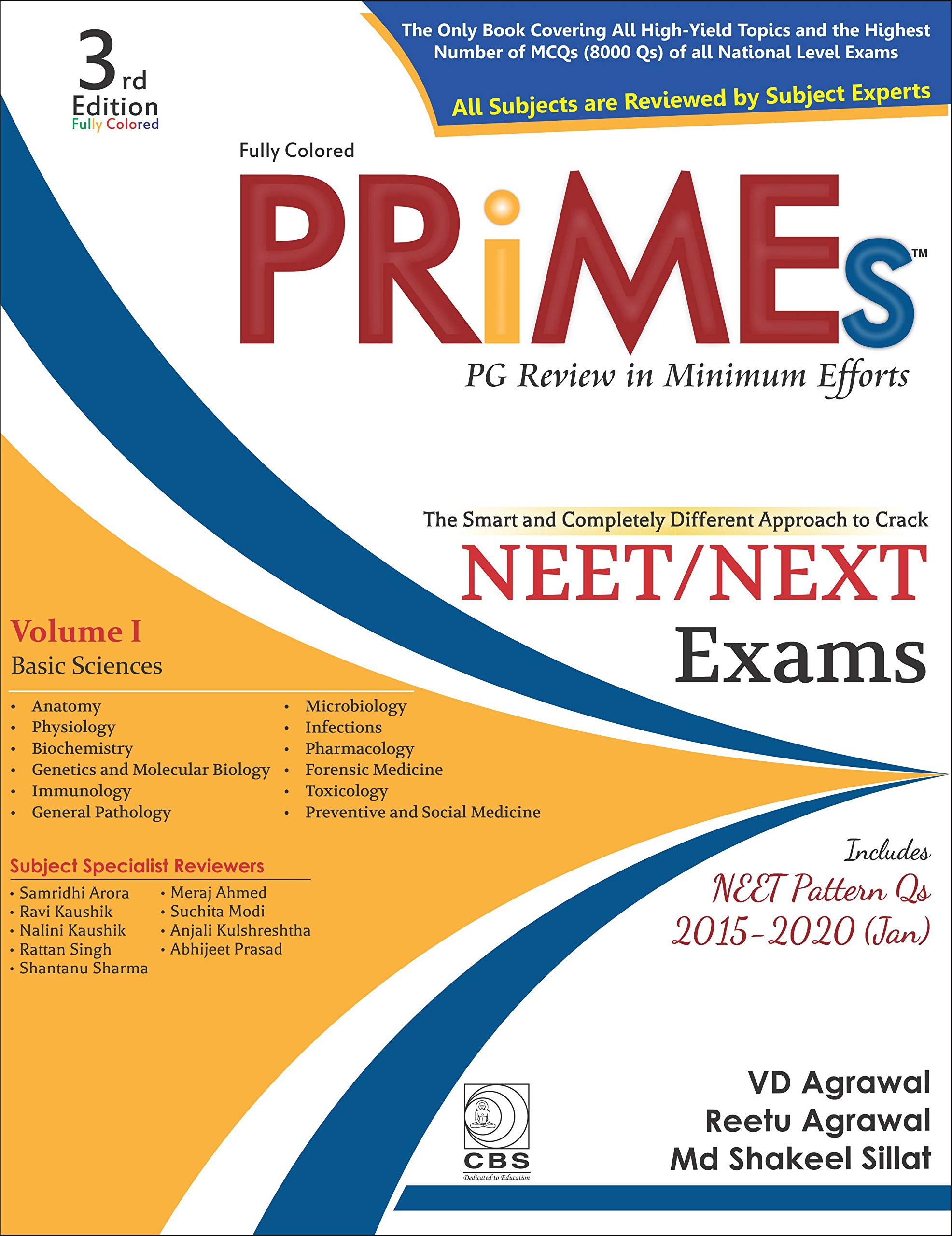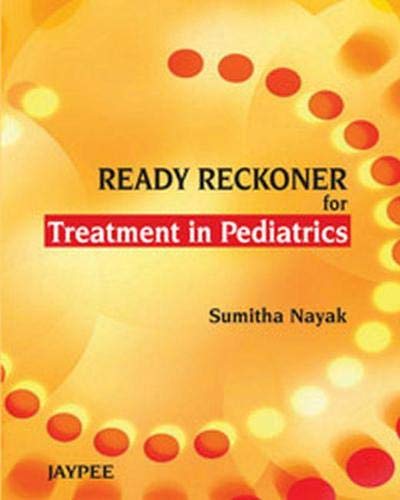Product Full Description
Digital innovation, trusted authorship and the latest research gives biochemistry students all they need to succeed.
Biochemistry 10e with Achieve builds on over four decades of exceptional writing, clear graphics, coverage of the latest research technique, and its signature emphasis on physiological and medical relevance with new emphasis on the importance of diversity and team work and a focus on problem-solving techniques and skills.
With a new and updated suite of online resources, including hundreds of end-of-chapter problems with answer-specific feedback, activities for in-class and out-of-class, and an emphasis on visualization, Biochemistry with Achieve sets a new standard for biochemistry programs!
- Focus on visualization throughout the text and the accompanying resources. From the graphics and art work program to the media-rich resources, the product has been developed to support students’ ability to visualize and understand individual and complex biochemistry concepts.
- ‘Scientist Profiles’ illustrate the wide range of backgrounds, training, and careers that lead to many important contributions in biochemistry so students can see themselves in the diversity of scientists.
- Problem-solving techniques and practice are placed throughout the text to support student engagement and effective learning. From self-check questions to worked examples, there are many opportunities to practice.
Achieve is Macmillan Learning’s complete online learning system. It houses instructor resources to support teaching and a range of interactive resources and the full ebook to help students succeed in their course. Access to Achieve for instructors is available on this page. Student access to Achieve could be through their institution if the institution has signed a license or as a separate student purchase. The instructor must set up a course for students to benefit from this product.
- Chapter content is organized around the themes of evolutionary perspective, clinical applications and physiological relevance, biotechnological and industrial applications and the importance of time and time scales. This ensures relevance and focus for today’s biochemistry students.
- New content keeps students learning from the latest material with coverage of
molecular recognition, drug discoveries, metabolism and cancer and anticoagulant medicines. - Problem-solving techniques and practice throughout the text and online ensures that students have ample opportunities to hone their knowledge through practice. All end of chapter problems are online so that they are able to be assigned, they include answer specific feedback, hints and fully worked solutions.
1 Biochemistry in Space and Time
2 Protein Composition and Structure
3 Binding and Molecular Recognition
4 Protein Methods
5 Enzymes: Core Concepts and Kinetics
6 Enzyme Catalytic Strategies
7 Enzyme Regulatory Strategies
8 DNA, RNA, and the Flow of Genetic Information
9 Nucleic Acid Methods
10 Exploring Evolution and Bioinformatics
11 Carbohydrates and Glycoproteins
12 Lipids and Biological Membranes
13 Membrane Channels and Pumps
14 Signal-Transduction Pathways
15 Metabolism: Basic Concepts and Themes
16 Glycolysis and Gluconeogenesis
17 Pyruvate Dehydrogenase and the Citric Acid Cycle
18 Oxidative Phosphorylation
19 Phototrophy and the Light Reactions of Photosynthesis
20 The Calvin–Benson Cycle and the Pentose Phosphate Pathway
21 Glycogen Metabolism
22 Fatty Acid and Triacylglycerol Metabolism
23 Protein Turnover and Amino Acid Catabolism
24 Integration of Energy Metabolism
25 Biosynthesis of Amino Acids
26 Nucleotide Biosynthesis
27 Biosynthesis of Membrane Lipids and Steroids
28 DNA Replication, Repair, and Recombination
29 RNA Functions, Biosynthesis, and Processing
30 Protein Biosynthesis
31 Control of Gene Expression
32 Principles of Drug Discovery and Development
Achieve for Biochemistry 10e is an online learning system backed by extensive development and research. Proven to increase student engagement and boost performance, Achieve offers:
- Access to the ebook to download, read and virtually annotate for a completely flexible experience.
Course and book-specific resources including adaptive quizzing to personalise the experience for students. - A grade book, assignable assessments with targeted feedback, insights and reporting, instructor resources - all with seamless integration options.
- Integrated with iClicker so that instructors and students can benefit in class and remotely from an industry leading student response system.
- An interactive metabolic map which students can zoom in on to understand the core metabolic pathways in a highly visual way with integrated assessment and simulations.
- Activities for every course. From brief iClicker activities at point of use in the Active Lecture decks to longer in-class Problem Solving activities with Instructor Activity Guides and Student Worksheets to assignable Medical Mystery Case Studies.
Jeremy M. Berg
JEREMY M. BERG received his B.S. and M.S. degrees in Chemistry from Stanford (where he did research with Keith Hodgson and Lubert Stryer) and his Ph.D. in Chemistry from Harvard with Richard Holm. He then completed a postdoctoral fellowship with Carl Pabo in Biophysics at Johns Hopkins University School of Medicine. He was an Assistant Professor in the Department of Chemistry at Johns Hopkins from 1986 to 1990. He then moved to Johns Hopkins University School of Medicine as Professor and Director of the Department of Biophysics and Biophysical Chemistry, where he remained until 2003. He then became Director of the National Institute of General Medical Sciences at the National Institutes of Health. In 2011, he moved to the University of Pittsburgh where he is now Professor of Computational and Systems Biology and Pittsburgh Foundation Chair and Director of the Institute for Personalized Medicine. He served as President of the American Society for Biochemistry and Molecular Biology from 2011-2013. He is a Fellow of the American Association for the Advancement of Science and a member of the Institute of Medicine of the National Academy of Sciences. He received the American Chemical Society Award in Pure Chemistry (1994) and the Eli Lilly Award for Fundamental Research in Biological Chemistry (1995), was named Maryland Outstanding Young Scientist of the Year (1995), received the Harrison Howe Award (1997), and received public service awards from the Biophysical Society, the American Society for Biochemistry and Molecular Biology, the American Chemical Society, and the American Society for Cell Biology. He also received numerous teaching awards, including the W. Barry Wood Teaching Award (selected by medical students), the Graduate Student Teaching Award, and the Professor’s Teaching Award for the Preclinical Sciences. He is coauthor, with Stephen J. Lippard, of the textbook Principles of Bioinorganic Chemistry.
Gregory J. Gatto, Jr.
Gregory J. Gatto, Jr., received his A.B. degree in chemistry from Princeton University, where he worked with Martin F. Semmelhack and was awarded the Everett S. Wallis Prize in Organic Chemistry. In 2003, he received his M.D. and Ph.D. degrees from the Johns Hopkins University School of Medicine, where he studied the structural biology of peroxisomal targeting signal recognition with Jeremy M. Berg and received the Michael A. Shanoff Young Investigator Research Award. He then completed a postdoctoral fellowship in 2006 with Christopher T. Walsh at Harvard Medical School, where he studied the biosynthesis of the macrolide immunosuppressants. He is currently a Senior Scientific Investigator in the Heart Failure Discovery Performance Unit at GlaxoSmithKline.
John L. Tymoczko
John L. Tymoczko is Towsley Professor of Biology at Carleton College, where he has taught since 1976. He currently teaches Biochemistry, the Metabolic Basis of Human Disease, Oncogenes and the Molecular Biology of Cancer, and Exercise Biochemistry and co-teaches an introductory course, Energy Flow in Biological Systems. Professor Tymoczko received his B.A. from the University in Chicago in 1970 and his Ph.D. in Biochemistry from the University of Chicago with Shutsung Liao at the Ben May Institute for Cancer Research in 1973. He then held a postdoctoral position with Hewson Swift of the Department of Biology at the University of Chicago. The focus of his research has been on steroid receptors, ribonucleoprotein particles, and proteolytic processing enzymes.
Lubert Stryer
Lubert Stryer is Winzer Professor of Cell Biology, Emeritus, in the School of Medicine and Professor of Neurobiology, Emeritus, at Stanford University, where he has been on the faculty since 1976. He received his M.D. from Harvard Medical School. Professor Stryer has received many awards for his research on the interplay of light and life, including the Eli Lilly Award for Fundamental Research in Biological Chemistry, the Distinguished Inventors Award of the Intellectual Property Owners’ Association, and election to the National Academy of Sciences and the American Philosophical Society. He was awarded the National Medal of Science in 2006. The publication of his first edition of Biochemistry in 1975 transformed the teaching of biochemistry.
Specification
General
FAQ
-
What is AIBH?
All India Book House (AIBH) is one famous Retailer, Wholesaler, Importer and Supplier of Medical Books. With Head Office in Nai Sarak (near Chandni Chowk-Delhi) that is lined with many bookshops and thronged by book lovers from across the world.
-
How AIBH offers best price for medical books?
AIBH is exlucsive partners with multiple publishers resulting which we get the best prices which we pass on to our consumers directly without any third party involvement.
-
What is estimated delivery time?
Delhi NCR - 1-3 Days
North India/Metro City - 4-6 Days
Rest of India/Special Zone : 5-7 Days
Due to Covid-19 products ships in 1-2 days -
Do you take returns?
Yes we take returns, to read more about our return policy click here https://www.aibh.in/return-policy
-
Do you offer COD/Cash On Delivery?
Yes we offer COD


